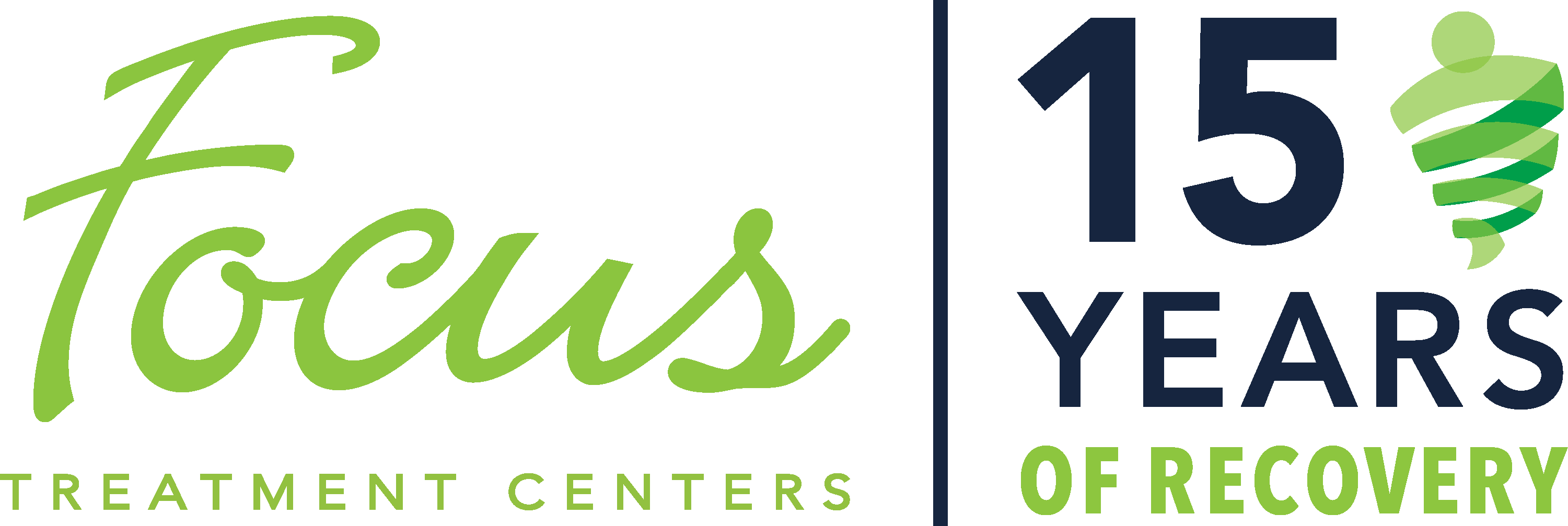- Calls to this hotline are currently being directed to Within Health, Fay or Eating Disorder Solutions
- Representatives are standing by 24/7 to help answer your questions
- All calls are confidential and HIPAA compliant
- There is no obligation or cost to call
- Eating Disorder Hope does not receive any commissions or fees dependent upon which provider you select
- Additional treatment providers are located on our directory or samhsa.gov
Relapse and Eating Disorders

Contributor: Chris Harris Ph.D., LPC, MHSP – Director of Eating Disorder Programs, Focus Treatment Centers
Seeking care for an eating disorder can be a difficult process. One of the questions to ask is how common is relapse and what can be done to diminish the likelihood of it occurring?
Relapse for an eating disorder also occurs on a continuum, and not every relapse will result in a complete recurrence of the disorder. Here are some important things to know about relapse and prevention.
Call Focus Treatment Centers for Help 855-872-5984
Eating Disorder Relapse and Prevention Information
- Know the statistics. Relapse rates for eating disorders fall between 35-49% in patients between 4 – 24 months post-treatment. The highest risk was found between 6 and 17 months after residential discharge. The risk for premature death was found to be twice as high among bulimic than restricting patients. Eating disorder mortality rates are the highest, only to be surpassed by opioid overdoses, with over 10,200 deaths each year.
- Know the risk factors. Research indicates the following risk factors: previous history of a suicide attempt, previous specialized treatment for an eating disorder, severity of obsessive-compulsive symptoms at presentation, excessive exercise immediately after discharge, and residual concern about shape and weight at discharge, severe pretreatment caloric restriction, elevated work and social stressors, slower response to treatment, and higher weight‐related self‐evaluation.
- Be aware of warning signs. Red flags for relapse include: falling back into old behaviors, isolating from family and friends, refraining from recovery strategies and coping skills, increased negative thinking or poor body image, and skipping meals or snacks.
- Re-engagement in treatment. As highlighted above, 18 months post-residential treatment is a crucial time in recovery. Someone likely is and still should be involved in some level of care 18 months post-discharge. Most commonly, it will be one of these three options, outpatient, aftercare, or an Intensive Outpatient Program. If discharged from all of these levels of care, it would be important to return to the last place of discharge to ask for support.
 Relapse prevention. Most treatment programs, whether it is outpatient or inpatient, will have a form of a relapse prevention plan. This includes coping skills, assertiveness training, education of the risks of relapse, and a tangible plan if relapse does occur. It is important that the plan is followed and that the patient’s support system is aware of the relapse prevention plan.
Relapse prevention. Most treatment programs, whether it is outpatient or inpatient, will have a form of a relapse prevention plan. This includes coping skills, assertiveness training, education of the risks of relapse, and a tangible plan if relapse does occur. It is important that the plan is followed and that the patient’s support system is aware of the relapse prevention plan.
Relapse does not occur with everyone who receives treatment for an eating disorder. It is important to know that it can occur and to be aware of the risk factors and warning signs.
Being aware of warning signs and risk factors can offer insights into when and what interventions are best used. Intervening during relapse can be the difference between a lapse and a complete recurrence of the eating disorder.
Citations:
1. Carter JC, Mercer-Lynn KB, Norwood SJ, Bewell-Weiss CV, Crosby RD, Woodside DB, Olmsted MP. A prospective study of predictors of relapse in anorexia nervosa: implications for relapse prevention. Psychiatry Res. 2012;200:518–23. doi: 10.1016/j.psychres.2012.04.037. [PubMed] [CrossRef] [Google Scholar]
2. Keel, P.K., Dorer, D.J., Franko, D.L., Jackson, S.C., and Herzog, D.B. (2005). Post-remission predictors of relapse in women with eating disorders. American Journal of Psychiatry, 162(12), 2263-2268. [A nine-year follow-up study].
3. Grilo, C. M., Pagano, M. E., Stout, R. L., Markowitz, J. C., Ansell, E. B., Pinto, A., … & Skodol, A. E. (2012). Stressful life events predict eating disorder relapse following remission: Six‐year prospective outcomes. International Journal of Eating Disorders, 45(2), 185-192.
About Our Sponsor:
Focus Treatment Centers recognize that various forms of eating disorders are serious and complex illnesses that manifest through a variety of factors. As a Center of Excellence, Focus provides gold-standard treatment modalities with experienced and compassionate professionals in the fields of psychology, nutrition, and psychiatry. Our multi-disciplinary approach offers an emotionally and medically safe environment to encompass treating the full spectrum of disordered eating.
About the Author:
 Dr. Chris Harris has a Ph.D. in clinical counseling from Trevecca Nazarene University. He is a licensed professional counselor with the mental health service designation. Dr. Harris has been in the field for over 15 years and has worked in all levels of care inpatient/residential, outpatient individual and intensive outpatient group therapy. Dr. Harris’s research consisted of vicarious trauma in clinicians working with trauma victims. He believes in treating the whole person and that mind, body and spirit are all connected. He also has specialized training in treating trauma and PTSD. Dr. Harris, a native of Chattanooga, enjoys spending time with his family and being outdoors.
Dr. Chris Harris has a Ph.D. in clinical counseling from Trevecca Nazarene University. He is a licensed professional counselor with the mental health service designation. Dr. Harris has been in the field for over 15 years and has worked in all levels of care inpatient/residential, outpatient individual and intensive outpatient group therapy. Dr. Harris’s research consisted of vicarious trauma in clinicians working with trauma victims. He believes in treating the whole person and that mind, body and spirit are all connected. He also has specialized training in treating trauma and PTSD. Dr. Harris, a native of Chattanooga, enjoys spending time with his family and being outdoors.
The opinions and views of our guest contributors are shared to provide a broad perspective of eating disorders. These are not necessarily the views of Eating Disorder Hope, but an effort to offer a discussion of various issues by different concerned individuals.
We at Eating Disorder Hope understand that eating disorders result from a combination of environmental and genetic factors. If you or a loved one are suffering from an eating disorder, please know that there is hope for you, and seek immediate professional help.
Published April 8, 2021, on EatingDisorderHope.com
Reviewed & Approved on April 8, 2021, by Jacquelyn Ekern MS, LPC

The EatingDisorderHope.com editorial team comprises experienced writers, editors, and medical reviewers specializing in eating disorders, treatment, and mental and behavioral health.


